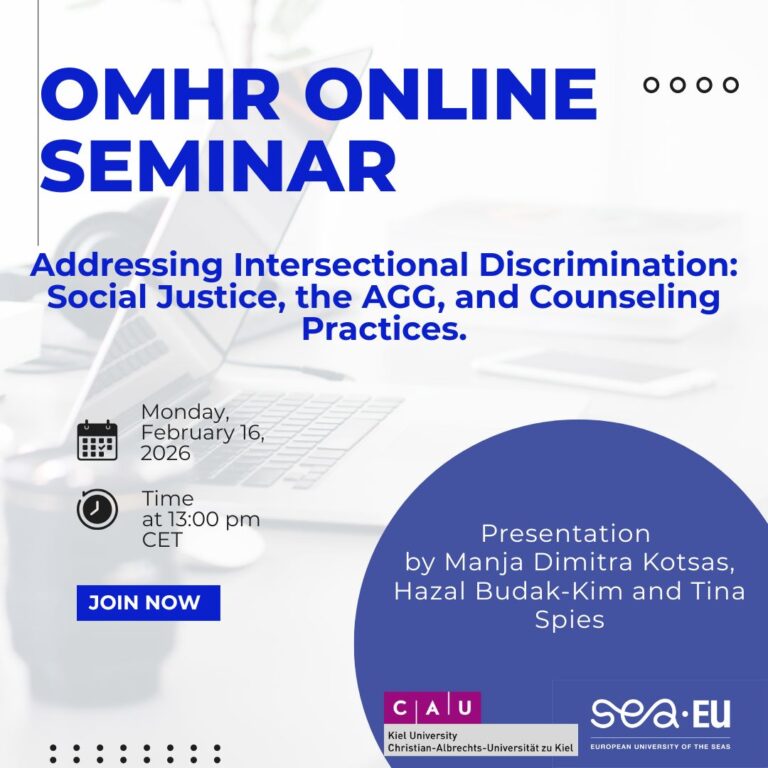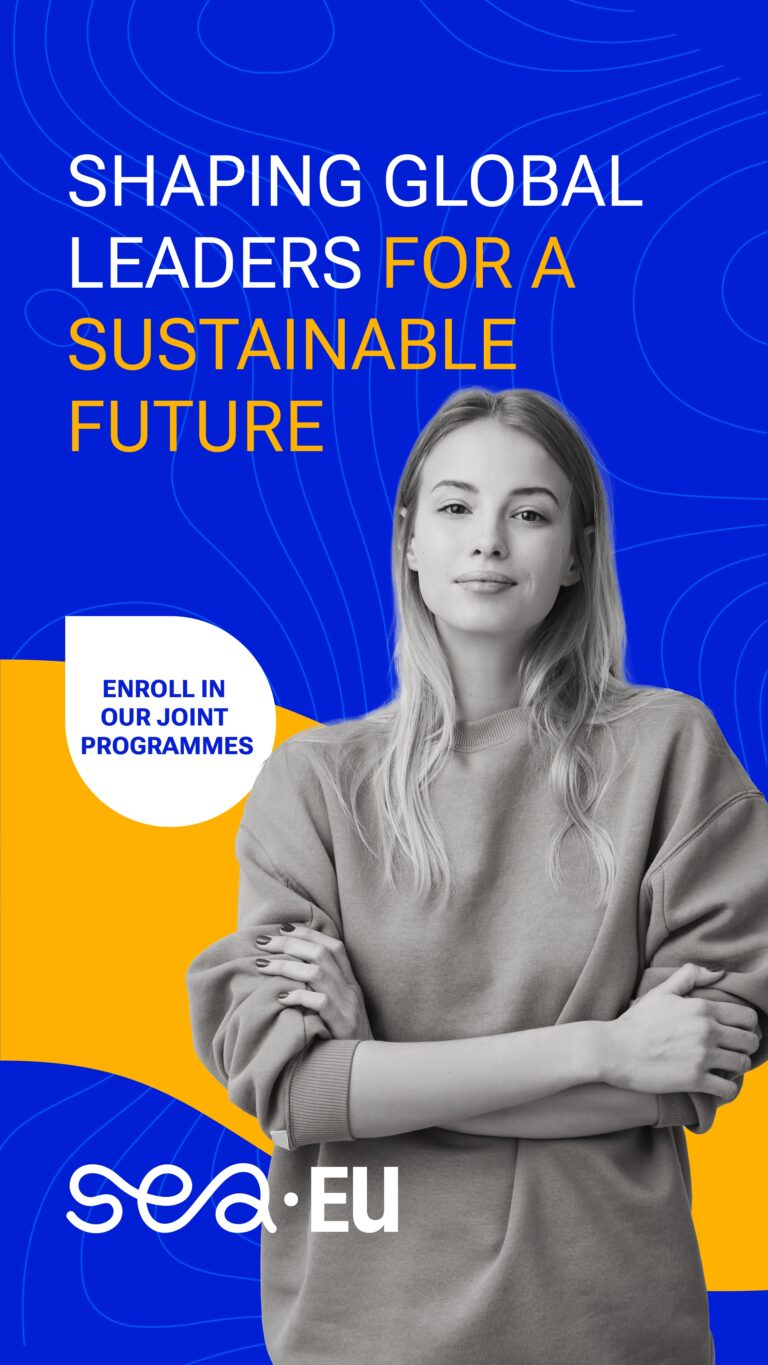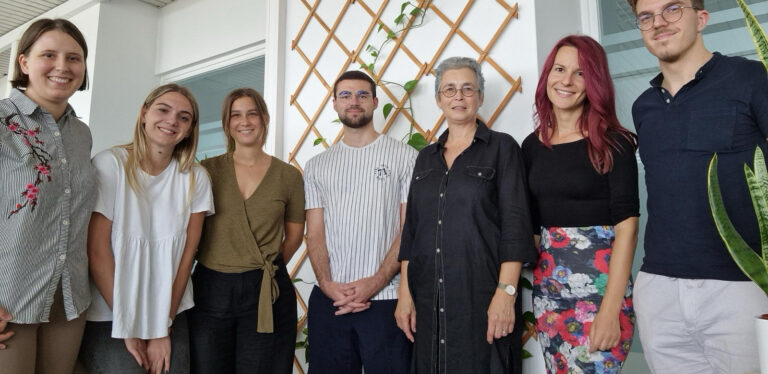From June 5-7, the University of Gdańsk hosted workshops on “Developing digital, green, interdisciplinary, and innovative training pathways for SEA EU 2.0.”
The meeting brought together 15 representatives from partner universities, representing various units and competency centers that support the teaching work of academic staff. The aim of the meeting was to initially develop a concept for training paths, tutoring, and webinars that would allow for the sharing of competencies and experiences in the field of contemporary educational challenges. The meeting was jointly led by the team from the University of Gdańsk (dr Joanna Morawska and dr Irena Chawrilska) and the team from Nord University (dr Vivi Marie Lademoe Storsletten, dr Amsale Kassahun Temesgen, Kaspar Bredahl Rasmussen). The event was a part of the task 2.2 Fostering inclusive, digital and green interdisciplinary and innovative training pathways.
“We discussed not only how to understand digital and green competencies in the context of education and the challenges associated with them but also how the education process itself is changing and the expectations of students and society regarding the enhancement and updating of knowledge and competencies,” notes dr Joanna Morawska. “Thus, our meeting somewhat transformed into a conversation about the future model of the university. We all agreed, based on years of teaching experience, that changes are happening before our eyes, and it may even be necessary to redefine the role of the teacher. Some of the discussions focused on how to encourage young people to pursue full-time university education. We believe that despite working in different countries and cultural contexts, we share the same challenges. This provides an opportunity to jointly develop solutions within SEA EU and build a community of educators who will share best practices.”
“We started by working on a common theoretical framework, which was then used to reflect on innovative academic courses that enhance green and digital competencies,” says dr Irena Chawrilska. “It turned out that we think similarly, and creating learning communities in times of uncertainty is our common challenge. We will continue to work on educational solutions that connect three key dimensions: individual, social, and environmental.”
An important element of the meeting was also participation in the partner event “We strengthen the network of cooperation” organized on June 6-7, 2024, as part of Task 4.4 SEA-EU Goes Greener, coordinated by dr hab. Sylwia Mrozowska, prof. UG. The team had the opportunity to participate in a poster session and a lecture dedicated to ESG reporting. Additionally, Prof. Aleksander Kubicki presented the assumptions of the so-called SEA EU digital charter.
“The goal of this ‘integration’ and meetings was to seek synergies between various tasks within SEA EU and a broad understanding of the context of green and digital competencies,” emphasizes dr Joanna Morawska.
The organization of the workshops was also supported by Anna Baran (Department of Condensed Phase Spectroscopy at the Faculty of Mathematics, Physics, and Informatics) and Krzysztof Sikorski (IT Section of the Faculty of Mathematics, Physics, and Informatics).
aut. Szymon Gronowski



